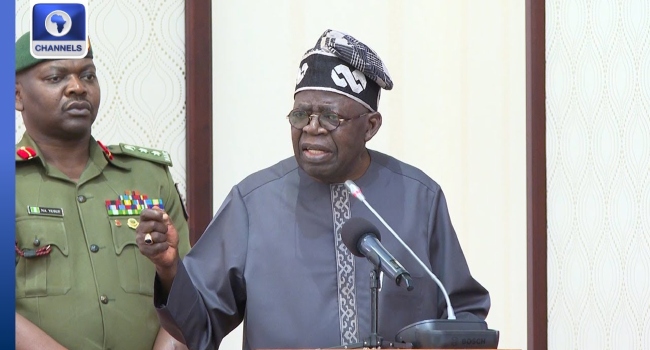The United Nations Children’s Fund (UNICEF) has stepped in to support the Nigerian government in its fight against the diphtheria outbreak by deploying 9.3 million doses of vaccines to affected states. In a statement issued in Abuja, UNICEF emphasized the urgency of widespread vaccination in response to the severe diphtheria outbreak.
The outbreak has already resulted in over 11,500 suspected cases, with more than 7,000 confirmed cases and 453 deaths, predominantly among children. Most of the affected children, aged between four and 15 years, have not received a single dose of the vital vaccine. UNICEF Representative, Dr. Rownak Khan, stressed the importance of vaccination, stating that Nigeria has the second-largest number of children (2.2 million) who have not received any vaccines.
To support the Nigerian government’s response, UNICEF has already deployed 9.3 million doses of diphtheria vaccines to the affected states, including Kano, Bauchi, Borno, Yobe, Katsina, Kaduna, and Jigawa. Another four million doses of vaccines are currently being procured and will be handed over to the government in the coming weeks.
However, UNICEF Nigeria still needs to raise an additional $3.3 million by the end of the year to effectively respond to the outbreak. The organization is calling on partners, stakeholders, and the international community to collaborate in ensuring that every child in Nigeria receives life-saving vaccines.
In addition to immediate intervention, UNICEF emphasizes the importance of strengthening routine immunization, community engagement, and health systems to prevent future outbreaks. Diphtheria is caused by the bacteria known as Corynebacterium diphtheriae, which produces a toxin that damages the respiratory system, heart, skin, and other organs. Anyone can be at risk of contracting diphtheria, particularly children under five years and adults above 60 years, those who have not completed three doses of the Pentavalent vaccination, and individuals living in crowded areas with poor hygiene and sanitary conditions.
It is crucial that urgent action is taken to protect children from preventable diseases. UNICEF’s support in providing vaccines, as well as the collective effort of partners and stakeholders, will contribute to reducing the number of unvaccinated children in Nigeria. Together, we can ensure that no child is left vulnerable to diphtheria or any other preventable disease.
UNICEF Nigeria



